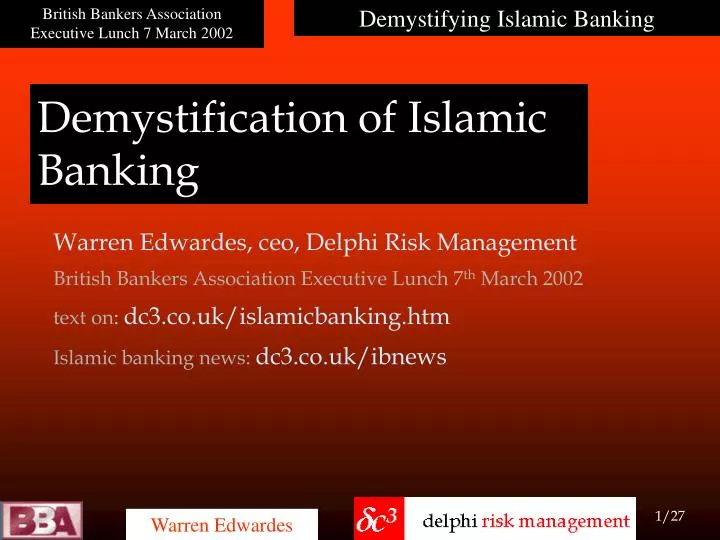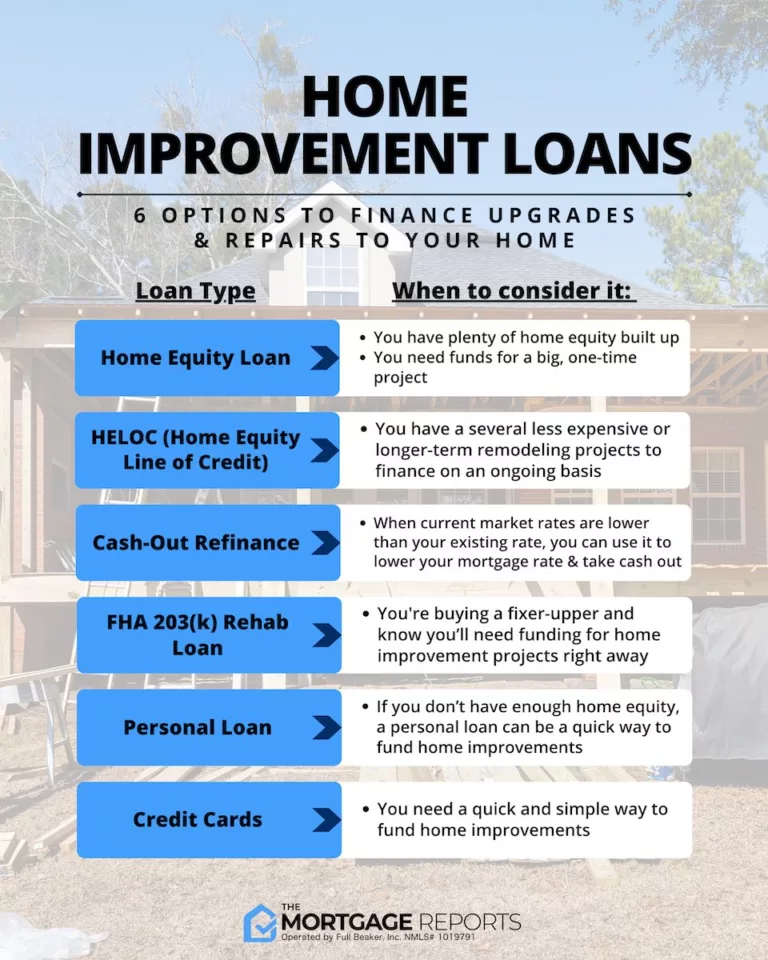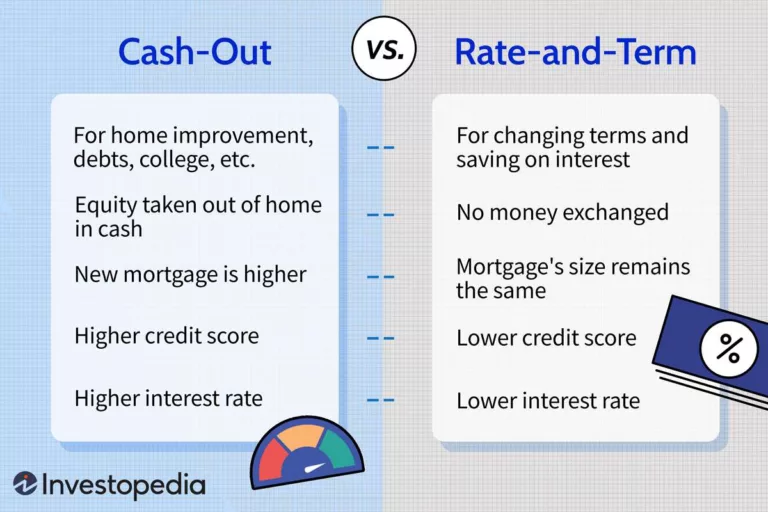Is Mortgage Haram? Demystifying the Islamic Perspective
Mortgage is considered Haram in Islam due to the prohibition of interest and uncertainty in the transaction. In Islam, the concept of interest (Riba) is forbidden, as it involves the exploitation and oppression of individuals through unequal lending practices.
Additionally, uncertainty (Gharar) is also prohibited, as it involves ambiguity and speculation in the terms of the loan agreement. As a result, Islamic scholars generally consider mortgages that involve interest and uncertainty as forbidden (Haram). However, alternative Islamic financial systems, such as Sharia-compliant home financing, have been developed to provide Muslims with halal options for homeownership.
These systems aim to eliminate interest and uncertainty while facilitating the purchase of a home through shared ownership or lease agreement models. Ultimately, Muslims seeking to adhere to Islamic principles may explore such alternative options for housing finance.
1. Understanding Mortgages
Mortgages are a complex subject, but an essential one to understand if you’re considering buying a home or investing in real estate. In this section, we will break down the fundamentals of mortgages, answering key questions like what a mortgage is and how it works.
1.1 What Is A Mortgage?
At its core, a mortgage is a legal agreement between a borrower and a lender, typically a financial institution like a bank. It allows the borrower to obtain a loan to purchase a property, with the property itself serving as collateral for the loan. The borrower agrees to repay the loan over a specified period of time, typically in monthly installments that include both principal and interest.
In simpler terms, a mortgage is a loan that is specifically used to buy a home or other real estate property. It provides individuals with the opportunity to become homeowners without having to pay the full purchase price upfront.
1.2 How Do Mortgages Work?
Now that we have a basic understanding of what a mortgage is, let’s delve into how mortgages actually work. When you apply for a mortgage, the lender evaluates various factors such as your credit history, income, and the value of the property you intend to purchase. Based on these factors, they determine the amount of money they are willing to lend you and the interest rate.
Once approved, you will typically need to make a down payment, which is a percentage of the property’s purchase price that you pay upfront. The remaining amount is then covered by the mortgage loan. It’s important to note that different mortgage options may have different minimum down payment requirements.
The loan is then paid off through regular monthly payments over the agreed-upon term, typically 15 to 30 years. These payments consist of both principal, which is the original amount borrowed, and interest, which is the cost of borrowing money. The lender uses an amortization schedule to determine the specifics of each payment, with a portion going towards reducing the principal balance and another portion covering the interest.
As you make monthly payments, you gradually build equity in the property. Equity represents the portion of the property that you own outright, as opposed to the portion that is still financed by the mortgage. This equity can be utilized in the future, either to sell the property at a profit or to borrow against it through a home equity loan or line of credit.
Understanding the inner workings of mortgages is crucial to make informed decisions when it comes to homeownership or real estate investments. Now that we have established a foundation, let us explore some of the common questions and concerns regarding the Islamic perspective on mortgages.

Credit: www.slideserve.com
2. Islamic Finance Principles
Islamic finance operates on principles that align with the teachings of Islam. Understanding these principles is crucial to determining whether mortgages are considered halal (permissible) or haram (forbidden) in Islamic finance.
2.1 The Concept Of Haram And Halal
In Islamic finance, the concept of haram and halal plays a significant role in determining the permissibility of financial transactions. Haram refers to activities that are explicitly prohibited in Islam, while halal denotes actions that are considered lawful and permissible.
When it comes to mortgages, the discussion revolves around whether they fall into the category of haram or halal. To make this determination, we must delve into the details of Islamic financing principles.
2.2 Prohibition Of Riba (interest)
Riba, meaning interest or usury, is strictly forbidden in Islamic finance. The concept of riba is rooted in the belief that wealth should be generated through mutually beneficial and equitable means, rather than exploiting others by charging interest on lent money.
In the context of mortgages, the involvement of interest poses a challenge. Conventional mortgage arrangements typically involve the payment of interest over a specified loan term, which contradicts the prohibition of riba in Islamic finance.
Islamic scholars agree that engaging in interest-bearing transactions, including conventional mortgages, is haram as it goes against the principles of equity and justice outlined in Islam.
2.3 Islamic Financing Alternatives
In order to comply with Islamic finance principles, alternative financing models have been developed as alternatives to conventional mortgages. These models aim to provide solutions that are aligned with Islamic teachings while allowing individuals to purchase homes or properties.
Islamic financing alternatives often involve structures such as Musharakah (joint venture partnership), Murabaha (cost-plus financing), or Ijarah (leasing). These models prioritize principles of shared risk, transparency, fairness, and avoiding interest-based transactions.
By adopting one of these Islamic financing alternatives, individuals can fulfill their housing needs while adhering to the principles of Islamic finance.
3. Evaluating Mortgages From An Islamic Perspective
Evaluating mortgages from an Islamic perspective involves assessing whether a mortgage is considered haram. This blog post provides insights into the topic, exploring the Islamic view on mortgages and their potential implications.
When it comes to acquiring a home, Muslims are keen to adhere to the principles of their faith, which includes following Shariah-compliant financial practices. Evaluating mortgages from an Islamic perspective becomes essential for individuals seeking to fulfill their aspirations of homeownership while remaining in accordance with their religious beliefs. This section will analyze the key aspects to consider when evaluating mortgages within the framework of Islamic principles.
3.1 Analyzing The Interest Component
Mortgages involve interest payments, which are strictly prohibited in Islam. Islamic scholars argue that interest creates unfair financial burden and perpetuates economic imbalances. Therefore, it is crucial to thoroughly analyze the interest component when evaluating mortgage options.
One way to avoid interest is to consider an Islamic mortgage known as Murabaha, which operates on a cost-plus-profit basis. Under Murabaha, the financial institution purchases the property and then sells it to the homebuyer at a higher price, allowing for a profit to be made. In this way, the mortgage is structured without the involvement of interest. This approach aligns with the principles of Islamic finance while still enabling individuals to acquire a home.
3.2 Exploring Shariah-compliant Mortgage Options
Understanding the available Shariah-compliant mortgage options is essential for Muslims considering homeownership. Islamic finance offers various alternatives to conventional mortgages that comply with the principles of Islam. One such option is Ijara, commonly referred to as a lease-to-own arrangement. With Ijara, the financial institution purchases the property and leases it to the homebuyer for a specified period. At the end of the lease term, the ownership is transferred to the homebuyer either as a gift or for a nominal amount.
Another Shariah-compliant mortgage option is Musharaka, which involves a partnership between the financial institution and the homebuyer. Both parties contribute funds towards the purchase of the property, and ownership is shared accordingly. Over time, the homebuyer buys out the financial institution’s share, eventually becoming the sole owner of the property.
3.3 Seeking Expert Guidance
Given the complexities surrounding Shariah-compliant mortgages, it is advisable to seek guidance from experts well-versed in Islamic finance. Consulting with knowledgeable professionals can help individuals make informed decisions and ensure that the mortgage they choose aligns with their Islamic principles.
Islamic finance advisors, scholars, and certified experts experienced in the field can provide valuable insights and assist in navigating the intricacies of Islamic mortgages. They can help individuals evaluate various options, understand the implications, and choose a mortgage that suits their unique financial circumstances while remaining in line with their religious beliefs.
4. Different Opinions And Interpretations
There are different opinions and interpretations regarding whether or not mortgage is considered haram in Islamic finance. Some scholars argue that it is permissible, while others believe it is not in line with Islamic principles. It is a complex subject with varying viewpoints.
When it comes to the question of whether mortgage is haram (forbidden) or not in Islam, there are various opinions and interpretations among scholars. Understanding these different viewpoints is important for individuals seeking clarity on this matter. In this section, we will explore the differing views among scholars and the factors that should be considered when evaluating the permissibility of mortgages.
4.1 Differing Views Among Scholars
Islamic scholars have expressed differing views regarding the permissibility of mortgages. Some scholars argue that conventional mortgages, which involve paying and receiving interest, are inherently prohibited in Islam. They consider the concept of riba (interest or usury) to be strictly forbidden in the Quran. As interest is a fundamental component of conventional mortgages, these scholars argue that taking out a mortgage is against the principles of Islam.
On the other hand, there are scholars who believe that not all mortgages are equal and that certain types of mortgages can be permissible under certain circumstances. They argue that if a mortgage complies with the principles of Islamic finance, such as being free from riba and adhering to the concept of equity and fairness, it may be considered halal (permissible) in Islam. These scholars suggest alternative mortgage arrangements, such as murabaha (cost-plus financing) and ijara (leasing), which are structured in compliance with Islamic principles.
4.2 Factors To Consider
When evaluating the permissibility of mortgages in Islam, individuals should consider several factors. It is important to assess the specific terms and conditions of the mortgage, including the presence or absence of interest, payment structures, and overall compliance with Islamic financial principles. Additionally, the intention and purpose behind taking out a mortgage should be examined. If the mortgage is used for acquiring a primary residence or a necessary asset, scholars may view it as a permissible necessity known as darurah.
Furthermore, individual financial circumstances and the availability of alternative halal financing options should be considered. In situations where halal alternatives are not readily available, scholars may adopt a more lenient view towards certain types of mortgages for practical reasons.
It is crucial for individuals to seek guidance from knowledgeable scholars who specialize in Islamic finance to ensure that they make informed decisions aligned with their beliefs and values. Consulting experts who can provide nuanced opinions and interpretations is essential in navigating the complex landscape of mortgages in accordance with Islamic principles.
5. Making An Informed Decision
When it comes to deciding whether taking out a mortgage is halal (permissible) or haram (forbidden) in Islam, it is essential to gather all the necessary information and carefully weigh the pros and cons. As with any financial decision, it is crucial to make an informed choice that aligns with your beliefs and personal circumstances. This section delves into the key considerations to help you navigate this complex issue.
5.1 Weighing The Pros And Cons
Before making a decision, it’s important to examine the advantages and disadvantages of taking out a mortgage. While mortgages enable individuals to fulfill their dream of owning a home, they also come with financial obligations and potential risks. Let’s take a closer look at both sides of the equation:
| Pros | Cons |
|---|---|
|
|
5.2 Assessing Personal Circumstances
While examining the pros and cons is essential, it is equally important to assess your own personal circumstances to determine whether a mortgage is a suitable option for you. Factors you may want to consider include:
- Your current financial situation, including income stability and debt obligations.
- Your long-term plans and goals for the property.
- Your risk tolerance and comfort level with debt.
- Your understanding of Islamic principles and willingness to explore alternatives.
5.3 Considering Alternatives
If you have concerns about the Islamic permissibility of mortgages or feel that a mortgage may not be the right choice, it is worth exploring alternative options that align with Islamic principles. Some potential alternatives you may want to consider include:
- Islamic mortgages: Sharia-compliant financing options that adhere to the principles of Islamic finance.
- Shared ownership: Co-owning a property with an investment partner or organization.
- House purchase plans: Lease-to-own arrangements where the homeowner pays rent and gradually acquires ownership of the property.
- Saving and investing: Building capital through savings and investments, allowing you to purchase a property without the need for a mortgage.
By considering these alternatives, you can ensure that your financial choices align with your beliefs and values.

Credit: fastercapital.com

Credit: www.slideserve.com
Frequently Asked Questions On Is Mortgage Haram
Can Muslims Have A Mortgage?
Yes, Muslims can have a mortgage. Islamic finance offers alternative options such as the Murabaha and Ijara contracts, which comply with Sharia law principles. These contracts involve buying the property for the buyer and then selling it back to them at a profit.
What Is A Halal Mortgage?
A halal mortgage is a financial product compliant with Islamic principles that allows Muslims to purchase a home without using a traditional interest-based loan. It follows Shariah law guidelines, ensuring the absence of interest and the promotion of ethical financing options.
Is It Halal To Finance A House?
Yes, it is halal to finance a house as long as it is done in accordance with Sharia principles. Islamic finance options such as murabahah or ijara can be used to purchase a home. It is important to engage with an Islamic bank or financial institution that offers halal financing options.
Is It Haram To Buy A House From The Bank?
No, it is not haram to buy a house from the bank.
Conclusion
After careful analysis of various perspectives, it is apparent that the concept of mortgage in Islam is a matter of debate. While some argue its permissibility based on necessity and practicality, others believe it goes against the principles of Islamic finance.
It is imperative for individuals to consult experts and scholars to make informed decisions according to their beliefs. Ultimately, the understanding and interpretation of mortgage within the framework of Islam will continue to evolve, reflecting the complexities of the modern world.



